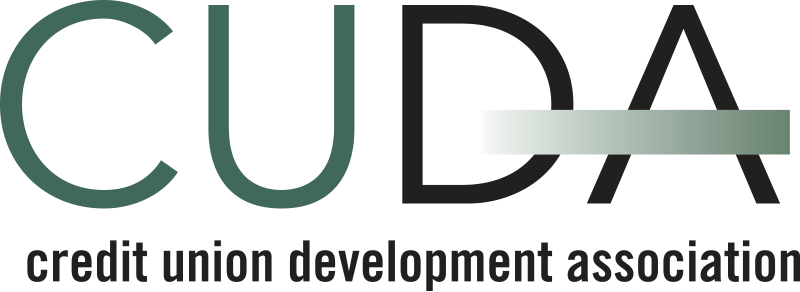Survey – 3 out of 4 (77%) Consumers believe Credit Unions should compete more aggressively with Banks
- Some credit unions poised to double or triple loan book size as a result of rule changes to longer-term loans
- Credit unions disappointed at limited permission to become a key business loan provider and to support Government Housing Schemes
CUDA believes that the new rules which aligns the volume of loans a credit union can issue to their asset size is fundamental, and could enable many credit unions to double or treble their lending in certain loan classes.
Credit unions can and should ‘take on the banks’, according to more than 70% of Irish adults in a recent survey, commissioned by CUDA and conducted by iReach. The majority (74%) of adults believe that credit unions could make a bigger impact and should collaborate to compete with the banks.
Kevin Johnson, CEO of the Credit Union Development Association (CUDA), commenting on the new rules issued by the Central Bank of Ireland today, said “Up until now the level of loans the credit union should give out was based on the percentage of loans already issued. This was holding credit unions back from providing more loans to support their members and their communities. Now the volume of loans will be based on a percentage of assets of the credit union. With an average of just 28% of assets currently lent out, the Regulations will allow many credit unions to do more loans for more people.
CUDA has persistently lobbied for these changes since 2015 and are delighted that these changes will bring much needed competition to the market for mortgages, home renovations and business loans”.
“We look forward to providing the wider range and higher volume of loans now permitted under the new rules and welcome the Regulator’s commitment to re-evaluating these limits as the sector evolves in these areas of lending. In particular CUDA believes credit unions are ready and willing to help do more in filling the void for business loans left by the banks”.
Kevin Johnson went on to express disappointment that credit unions will be prohibited from supporting aspects of Government Housing Policy such as the Repair and Leasing Scheme. There is no logic, he said, to prohibiting credit unions from providing much needed loans to their members who want to help rebuild Ireland through the Repair and Leasing Scheme. Kevin further expressed disappointment with the limit on the number of business loans a credit union can do in a time when many credit union members who are small businesses are crying out for funding.
CUDA is committed to getting solutions to these issues and will speak directly with the Department of Finance, Department of Housing and the CBI on these matters.
Kevin concluded, “It’s very encouraging to find that 59% of people aged between 18-34 either agreed or strongly agreed with the perception of credit unions being ‘dynamic and innovative’. We have made huge effort and investment in recent years to develop our work in line with advances in technology through our innovation hub, the Solution Centre. In the past three years we have introduced new lending products and these new limit rules from the Central Bank will allow us help credit unions further develop. Our Digital Marketing adverts reached 2.74m people so far in 2019, creating over 18,000 loan leads with a value of €102m. We are committed to broadening the appeal and relevance of the credit union movement among younger generations, and to making our services as accessible as possible, to as many members as we can, both old and new.”
-ENDS
